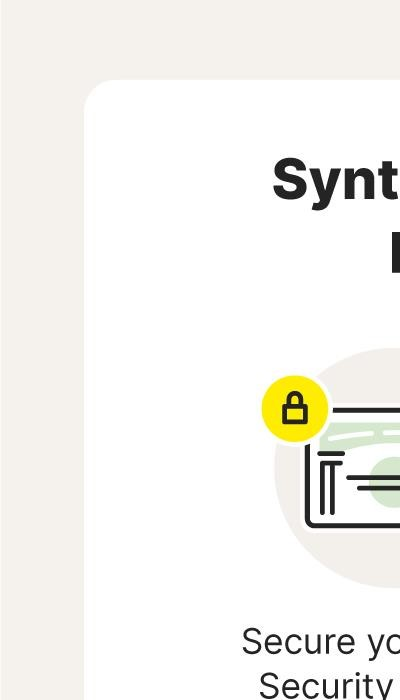
The thrill of the hunt in secondhand stores and thrift stores is undeniable․ Finding a unique treasure among used goods can be incredibly rewarding․ However‚ the convenience of acquiring used goods comes with a crucial caveat: the potential risk of identity theft․ Many unknowingly donate or sell items containing sensitive personal data‚ creating vulnerabilities that can lead to serious consequences․ This article will explore the potential dangers and provide practical steps to protect your personal data when donating or purchasing from dump shops (a colloquial term for secondhand or thrift stores)․
The Risks of Unprotected Personal Information
Before donating or selling any item‚ thoroughly examine its contents for sensitive information․ This includes‚ but is not limited to:
- Confidential information such as bank statements‚ tax returns‚ medical records‚ and insurance documents․
- Personal data like driver’s licenses‚ social security cards‚ passports‚ and birth certificates․
- Old electronics containing personal files‚ photos‚ and login credentials․
- Pre-addressed envelopes or packages with your name and address․
Leaving such documents in used goods creates an opportunity for data breaches․ A malicious individual could easily obtain this confidential information and use it for identity fraud‚ resulting in financial losses‚ damaged credit‚ and significant emotional distress․ This underscores the importance of information protection and consumer protection;
Protecting Yourself: A Practical Guide
Before Donating or Selling:
- Thoroughly clean all items before donating or selling them․ Remove any labels‚ stickers‚ or tags containing personal information․
- Shred all documents containing sensitive information using a cross-cut shredder․ This is crucial for data loss prevention․ Simply tearing documents isn’t sufficient․
- Erase data from electronic devices․ Factory reset your phones‚ laptops‚ tablets‚ and other electronics before donating or selling them․ This ensures that all personal data is removed․
- Remove batteries from electronics․ This prevents potential fire hazards and data recovery efforts․
- Consider recycling electronics responsibly through designated e-waste recycling programs․ These programs ensure proper data destruction․
When Purchasing Used Goods:
- Be cautious when purchasing items containing personal information․ Avoid purchasing documents or devices with sensitive data unless you’re certain the data has been securely erased․
- Practice good online security habits․ If purchasing online‚ only use secure websites and payment methods․
- Be wary of unusually low prices‚ which might indicate stolen or compromised goods․
The Importance of Responsible Donation and Recycling
While donation is a noble act‚ irresponsible donation practices can have severe consequences․ By taking the necessary precautions‚ you contribute to a safer environment and protect yourself from potential identity fraud․ Remember‚ responsible recycling plays a key role in both environmental sustainability and information protection․
The convenience of secondhand stores and thrift stores should not come at the cost of your privacy and security; By diligently following these steps‚ you can significantly reduce your risk of identity theft and enjoy the benefits of used goods with peace of mind․

A very informative and timely piece. The step-by-step guide on protecting personal information before donating or selling items is incredibly helpful. The article successfully highlights the serious consequences of neglecting data security in this context, encouraging readers to take proactive measures. Highly recommended!
Excellent article! I appreciate the straightforward approach to a topic that many people might not consider. The use of «dump shops» as a colloquial term adds a relatable touch without sacrificing professionalism. The advice given is easily understandable and applicable to everyday life, making it highly effective.
This article provides a much-needed awareness of the risks associated with donating or selling used goods. The clear and concise explanation of potential dangers, coupled with practical, actionable steps, makes this a valuable resource for anyone who frequents secondhand shops. The emphasis on shredding documents is particularly important and often overlooked.